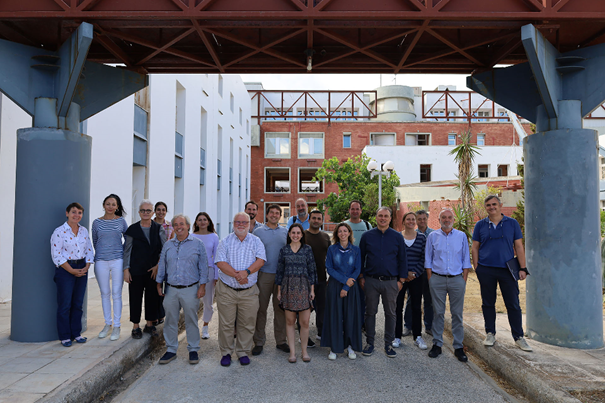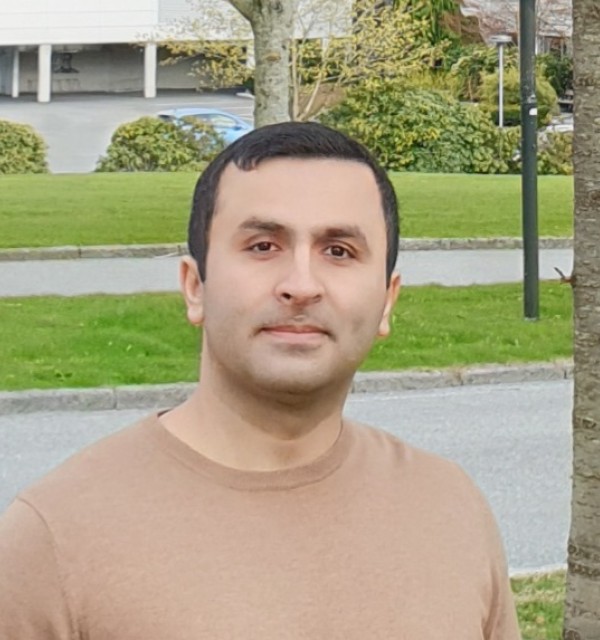The European Union is facing a pressing challenge to transition into a carbon neutral economy by 2050. Researchers from UiS are participating in a new research project to investigate the key elements of this transition.
Twinning to sustainable energy transition

The intermediate target is 55% CO2 reduction emissions in comparison to 1990. Climate neutrality goals as dictated by the EU Climate Law and the EU’s “Fit for 55” package will be implemented via the EU Green Deal, namely the EU’s industrial strategy. However, careful strategic, large-scale investments in enabling technologies and processes are required which will be relevant to each member state’s strengths and weaknesses. This way, resilient societies can be built around sustainable energy transition pathways for each state with parallel re-direction of resources for transformation of knowledge into technologies and skills of the workforce within sustainable and functioning ecosystems.
Twinn2set is part of the Twinning Coordination and Support action, which aims to improve cooperation and capacity building between partners. In Twinn2set, we are collaborating with colleagues from the Institute of Geoenergy (FORTH) in Greece and IFP Énergies nouvelles (IFPEN) in France to investigate the key elements of the energy transition from an underground perspective (i.e., geothermal, CO2 storage and hydrogen storage), with a research focus on hydrogen storage in porous media, among others.
The project is coordinated by FORTH in Greece, while Prof. Raoof Gholami is the project leader representing the Department of Energy resources at UiS.
"In this project, we will share knowledge and help each other to improve our research capacity in underground hydrogen storage and help FORTH to establish a state-of-the-art laboratory on their campus," says Raoof Gholami.
Twinn2set had its kick-off in Chania Crete on October 2nd. Prof. and Department Head, Alejandro Escalona and Associate Professor Dora Marin, were the other member of the UiS team that participated in this meeting. This initiative acts as an associated collaborative project to the NCS2030 research centre at UiS and other research projects at the department of Energy Resources.
UiS team
Department of Energy Resources
Department of Energy Resources


